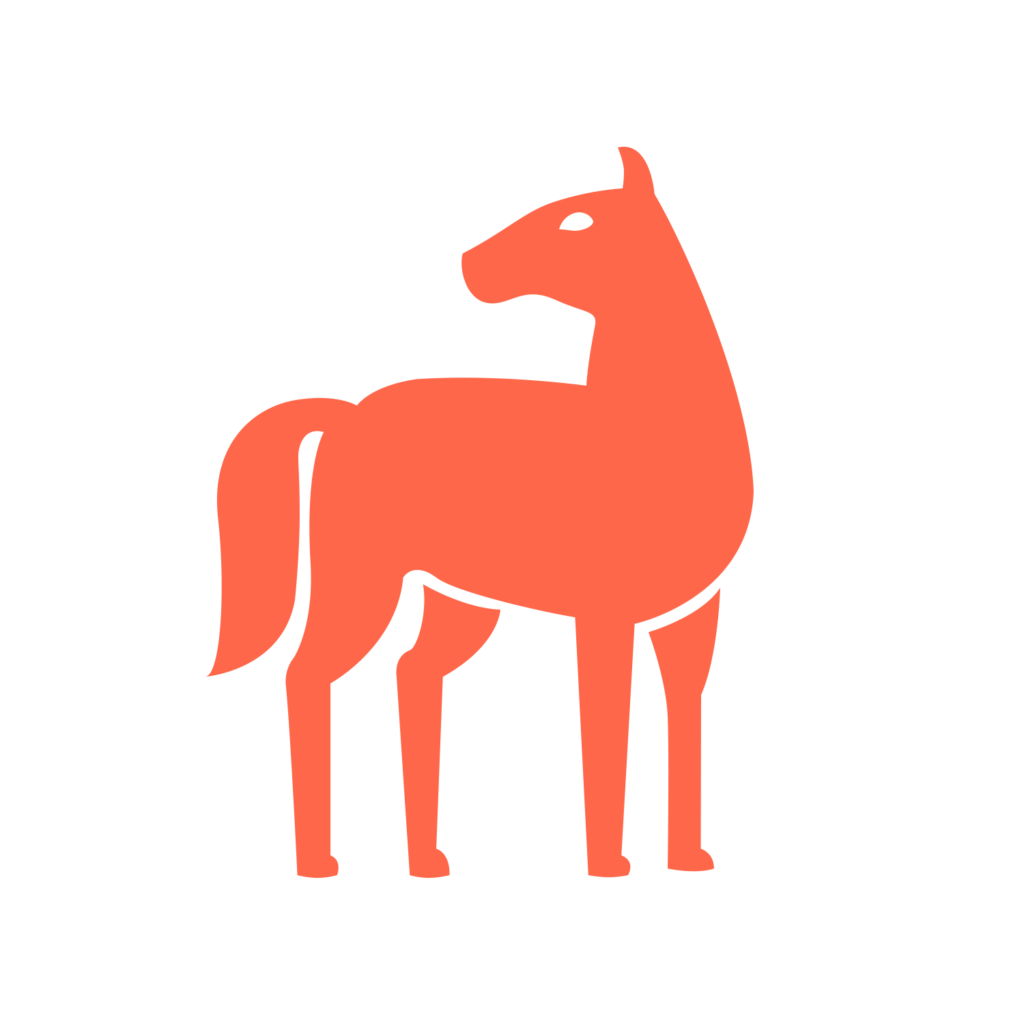

Hyperkalemic Periodic Paralysis Disease
Turnaround: 3-5 business daysTurnaround: 7-10 business days
Price: $30.00Price: £28.00
Breeds: American Indian, Appaloosa, Appaloosa Cross, Appaloosa/Friesian, Appaloosa/Quarter Horse, Appaloosa/Thoroughbred, Appendix, AraAppaloosa, Arabian/Paint, Arabian/Quarter Horse, Australian Stock Horse, Azteca, Baroque Pinto, Canadian, Cleveland Bay, Clydesdale/Paint Cross, Colonial Spanish Horse, Crossbred, Grade Horse, Grade Pony, Miniature Appaloosa, Mixed Breed, Mixed Breed (Horse), Morgan Horse, Origine Constatée, Paint Cross, Paint Horse, Paint Horse/Thoroughbred, Paint/Warmblood, Ponies of America, Pura Raza Espanola, Quarter Cross, Quarter Horse, Quarter Pony, Quarter/Paint Horse, Quarter/Stock Horse, Quarter/Thoroughbred, Quarter/Warmblood, Spanish Barb, Spanish Mustang, Stock Horse, Stonewall Sporthorse, Sugarbush Harlequin Draft, Thoroughbred, Unspecified
Description
Equine Hyperkalemic Periodic Paralysis Disease (HYPP) is a muscular disease caused by an inherited genetic mutation. HYPP has been traced back to a horse named Impressive. HYPP is also known as Impressive Syndrome, named after this horse. Symptoms of HYPP may include muscle twitching, respiratory noises, and unpredictable paralysis attacks which can lead to sudden death. Severity of attacks varies from unnoticeable to collapses or sudden death. The cause of death is usually respiratory failure and/or cardiac arrest.
HYPP is a dominant disorder meaning both homozygous (H/H) and heterozygous (n/H) horses will be affected. They are both positive for the HYPP mutation. Only homozygous negative (n/n) horses are not affected by HYPP.
Because HYPP is dominant disorder, the effects can also be passed on to other breeds of horses when intermixing breeds occurs. This makes the recognition of this disorder very important in preserving the inherited health of all horses. Horses with HYPP only need one copy of the mutation to present symptoms of HYPP. A horse with HYPP can pass on this mutation to their offspring and can develop symptoms of HYPP. If a horse with HYPP is bred to a non-HYPP horse, there is a 50% chance per horse born that they will develop HYPP. If two horses with HYPP are bred, this increases to a minimum of a 75% chance per horse born of developing HYPP.
Possible Results
| Genotype | Description |
|---|---|
| H/H | Affected: Horse has two copies of the HYPP gene mutation and is likely to experience some symptoms associated with the disorder. Horse will pass on the gene to all offspring. |
| n/H | Affected: Horse has one copy of the HYPP gene mutation and is likely to experience some symptoms associated with the disorder. Horse has a chance to pass on the gene to any offspring. |
| n/n | Clear: Horse is negative for the HYPP gene mutation. |